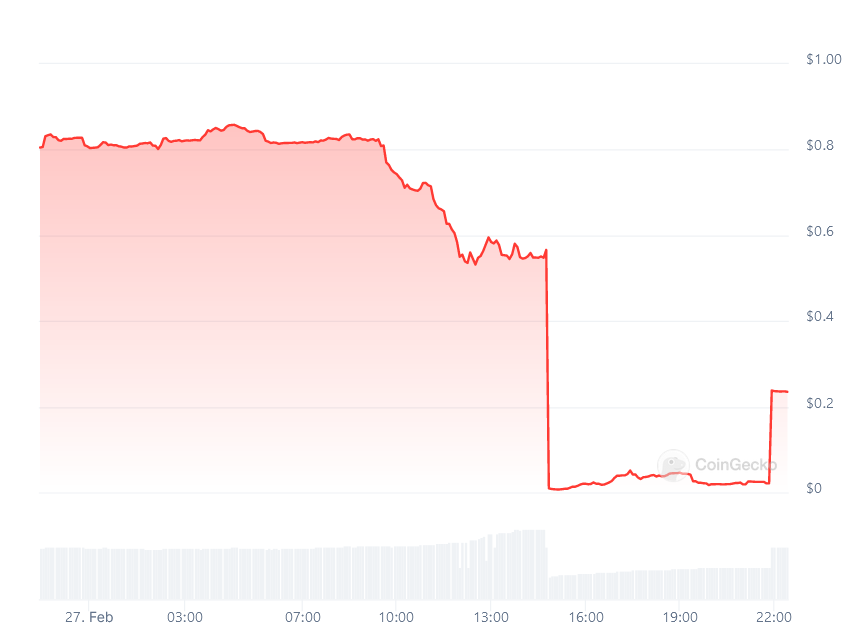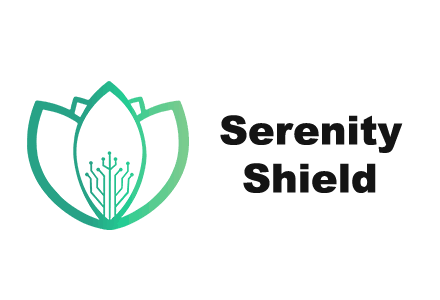Serenity Shield experienced a significant decline in value following the theft of 6.9 million SERSH tokens, amounting to $5.6 million in losses.
The cryptocurrency known as Serenity Shield, which bills itself as a “crypto inheritance” solution, had a nearly 99% decline in value following the theft of 6.9 million SERSH tokens, valued at $5.6 million at the time, from one of the team’s MetaMask wallets.
In an X post on February 27, Serenity Shield acknowledged the exploit and notified the community that it was stopping all SERSH trades, deposits, and withdrawals from centralized exchanges.
The project stated that SERSH will relaunch with a new token contract, although it did not provide a date.
Serenity Shield stated in the same article that it is “actively working” to replace any liquidity from the exploit with new smart contracts and to redistribute all of the existing liquidity.
It stated, “This decision is in line with our dedication to appropriately protect our community’s interests and reduce exposure to the security incident.”
6.9 million SERSH, valued at $0.82, were moved from one of the project’s MetaMask wallets to an undisclosed third-party wallet on February 27 at 9:11 a.m. UTC.

CoinGecko reports that after SERSH’s price had been trending lower for almost five hours, it abruptly dropped 98% from $0.565 to $0.009 in under five minutes.
At press time, SERSH had partially recovered to $0.23.
Some X users took offense at the announcement. Among them was “Hamster Altcoins,” who said that Serenity Shield’s Telegram channel admins were muting members who disagreed with them.
The X user also took issue with the project’s usage of a MetaMask hot wallet to store money.
The internet connection of hot wallets, such as MetaMask, allows for quicker and more convenient access to decentralized finance protocols. Compared to “cold wallets,” which are actual physical devices that keep private keys offline, they are thought to be less safe.
On December 18, less than ten weeks ago, the SERSH coin was introduced.
